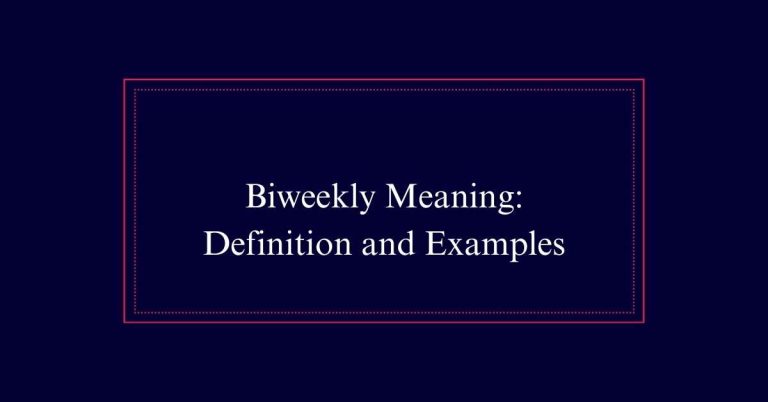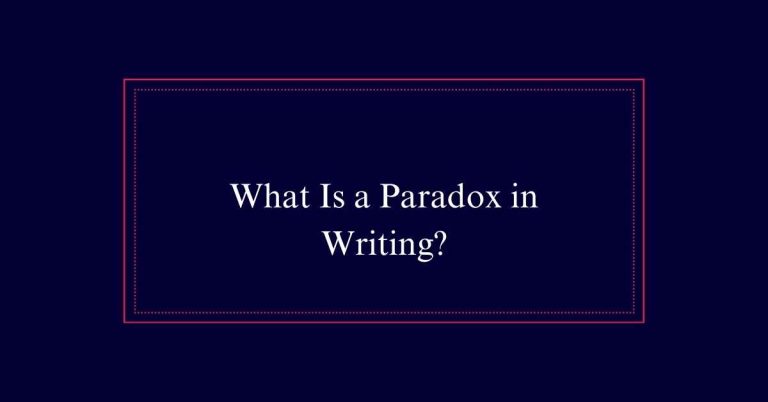What Is “Wilful”?
‘Wilful’ is a British English term that means deliberate and intentional, often describing stubborn or defiant behavior. It is equivalent to the American English ‘willful.’ Both forms convey the same meaning and emphasize a negative quality of persistent disobedience. Recognizing the correct regional spelling is important for clarity and audience understanding. This term frequently appears in British literature, portraying characters who act against advice or rules with purposeful intent.
Spelling Differences Explained
The spelling of ‘wilful’ varies between British and American English, reflecting regional language differences. In British English, ‘wilful’ is spelled with a single ‘L.’ Conversely, American English prefers ‘willful’ with a double ‘L.’
These variations are not errors but rather standard practices in their respective regions. When writing, it’s important to take into account your audience and utilize the appropriate spelling. Consulting a dictionary can help guarantee accuracy. Both spellings are accepted and convey the same meaning.
The choice of spelling is a small but significant detail that showcases an understanding of regional language norms. This attention to detail can enhance clarity and professional communication.
Understanding the Meaning
Describing intentional bad behavior, ‘wilful’ signifies a deliberate choice to act wrongly despite knowing better. This term embodies a strong sense of defiance and conscious decision-making. It captures the essence of knowingly engaging in misconduct with purposeful intent.
| Aspect | Description |
|---|---|
| Definition | Deliberate and intentional bad behavior |
| Usage | Common in British English literature and writing |
| Synonyms | Deliberate, intentional, conscious, headstrong |
| Connotation | Negative, implying stubborn defiance |
| Context | Often used to describe disobedient or mischievous acts |
Understanding ‘wilful’ helps in recognizing behaviors that are not accidental but are rather chosen with full awareness of their implications. It highlights a critical aspect of human conduct—intent.
British Vs. American Usage
British and American English have distinct preferences when it comes to the spelling of ‘wilful’ and ‘willful.’ In British English, ‘wilful’ is the standard spelling, while in American English, ‘willful’ with a double L is preferred. Choosing the correct spelling depends on the variant of English being used.
This distinction is essential for clear communication.
Key points to remember include:
- ‘Wilful’ is British English.
- ‘Willful’ is American English.
- Both spellings are correct in their respective regions.
- Consistency in spelling enhances readability.
- Dictionaries provide authoritative guidance.

Understanding these differences ensures proper usage and helps avoid confusion, especially in international communication. Always consider your audience when selecting the appropriate form.
Examples in Literature
In classic literature, ‘wilful’ often appears to highlight a character’s deliberate defiance. Jane Austen frequently employs the term to illustrate the obstinate nature of characters like Lydia Bennet in ‘Pride and Prejudice.’ Her actions, driven by wilful ignorance, serve as a plot catalyst.
Similarly, in Emily Brontë’s ‘Wuthering Heights,’ Heathcliff’s wilful pursuit of revenge shapes his dark persona. These examples show ‘wilful’ as a powerful descriptor of intentional and rebellious behavior. Authors use it to add depth to their characters, signifying a conscious choice to defy norms or expectations.
This deliberate use enriches the narrative and emphasizes the character’s complex motivations. ‘Wilful’ remains a vivid tool in literary character development.
Synonyms for Wilful
To further explore the term ‘wilful,’ it’s helpful to examine its synonyms, which can provide a richer understanding of its nuances. Synonyms can reveal various shades of meaning, enhancing our comprehension of the term.
Here are some commonly used synonyms:
- Deliberate: This suggests a conscious decision to act in a certain way.
- Intentional: Implies a purposeful action, often with a specific goal.
- Headstrong: Describes someone who is determined to follow their own will.
- Obstinate: Indicates stubbornness and a refusal to change one’s mind.
- Self-willed: Highlights a strong inclination to follow one’s own desires.
These synonyms can help articulate the different aspects of ‘wilful’ behavior, making the term more versatile in communication.
Choosing the Right Synonym
Selecting the appropriate synonym for ‘wilful’ depends on the context and the specific nuance you wish to convey. For instance, if you need to describe someone who is knowingly defiant, ‘headstrong’ or ‘obstinate’ may be suitable.
When emphasizing intentional actions, ‘deliberate’ or ‘intentional’ are fitting choices. For behavior that is self-directed and determined, ‘self-willed’ or ‘stubborn’ can be effective.
It is important to take into account the audience and the message you want to deliver. Synonyms can enhance clarity and precision in your writing.
Cultural Nuances in Writing
Understanding the role of cultural nuances in writing can further refine the choice between ‘wilful’ and ‘willful.’ The spelling differences are influenced by regional preferences and historical usage. Recognizing these subtleties can enhance a writer’s ability to communicate effectively with diverse audiences.
Key considerations include:
- Audience: Identify whether the readers are mainly British or American.
- Context: Consider the setting and cultural background of the piece.
- Consistency: Maintain uniformity in spelling throughout the document.
- Literary Tradition: Respect the spelling conventions of specific literary genres.
- Author’s Background: Be aware of the author’s own cultural and linguistic influences.
These factors contribute to a deeper understanding of how spelling choices reflect broader cultural contexts.
Enhancing Communication
Effective communication relies on choosing the appropriate spelling for your audience. Understanding whether to use ‘wilful’ or ‘willful’ can make a notable difference. Using the correct regional spelling enhances clarity and guarantees that your message is well-received. The following table highlights key differences and considerations:
| British English | American English |
|---|---|
| ‘Wilful’ | ‘Willful’ |
| Used in UK | Used in USA |
| Cultural nuance | Regional preference |
| Seen in literature | Common in news |
| Dictionary reference | Dictionary reference |
Knowing these distinctions fosters effective communication. A well-chosen spelling aligns with your audience’s expectations, minimizing misunderstandings. If in doubt, consult a dictionary or use synonyms to maintain clarity. This simple adjustment can notably improve the effectiveness of your written communication.
Frequently Asked Questions
How Does ‘Wilful’ Differ From ‘Willful’ in Legal Contexts?
In legal contexts, ‘wilful’ (British English) and ‘willful’ (American English) denote intentional misconduct. The spelling difference reflects regional usage, but both imply deliberate actions taken with knowledge of their wrongful nature.
Can ‘Wilful’ Be Used to Describe Positive Determination?
Yes, ‘wilful’ can describe positive determination. While often used for negative behavior, it also depicts strong-willed, resolute actions. Context determines its tone. Positive examples include ‘wilful perseverance’ or ‘wilful commitment’ to a cause.
What Are the Origins of the Word ‘Wilful’?
The word ‘wilful’ originates from Old English ‘will-full,’ meaning full of will or desire. It evolved to describe a person acting with deliberate intention, often defiant or stubborn, and is primarily used in British English.
Are There Idiomatic Expressions That Use ‘Wilful’?
Yes, idiomatic expressions that use ‘wilful’ include ‘wilful ignorance’ and ‘wilful blindness.’ These phrases describe a deliberate choice to ignore certain facts or information, often to avoid responsibility or accountability.
How Has the Usage of ‘Wilful’ Evolved Over Time?
The usage of ‘wilful’ has evolved from primarily describing intentional bad behavior to include broader contexts of determination and defiance. While still common in British English, ‘willful’ is preferred in American English.






